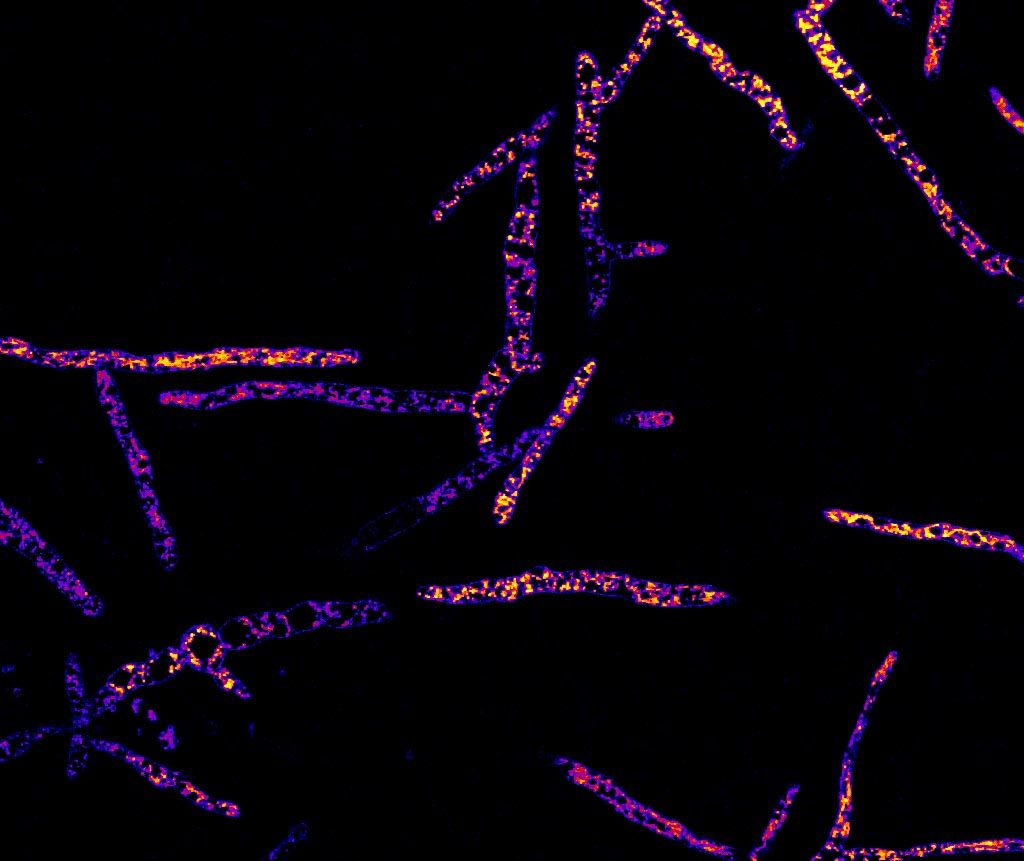
New publication from the Amich Lab
In this study, we have performed a comprehensive characterisation of the promising antifungal target methionine synthase. We have underscored that in the absence of this enzymatic activity a deleterious metabolic shift develops, which causes a reduction of cell energetics and halts growth.
As antimicrobial drugs are usually administered to patients with an ongoing infection, we propose that novel drug targets should be validated in established models of infection, when both the host environment and the pathogen’s metabolic requirements may have changed.
Accordingly, we have optimised the use of the TetOFF genetic system as the best model to date to validate anti-Aspergillus molecular targets in established infections and use it to sustain methionine synthase as a promising antifungal target.
Finally, we have performed a structure-based virtual screening and identified specific druggable pockets in the fungal methionine synthase protein that serve to design highly efficient and specific inhibitors.
Dr Amich’s research interest lies in understanding how Aspergillus fumigatus, an environmental fungus, is able to thrive and grow inside the pulmonary tissues of susceptible patients.
In particular, his group focuses on various aspects of sulfur metabolism, as this central route of primary metabolism differs significantly in human and fungi, opening the possibility to identify promising molecular targets.
Moreover, sulfur metabolism is the starting point for projects in the lab that aim to understand pathogen-pathogen interactions with Pseudomonas aeruginosa and to potentiate the host immune system to increase efficacy of treatment. · Read the publication: Targeting Methionine Synthase in a Fungal Pathogen Causes a Metabolic Imbalance That Impacts Cell Energetics, Growth, and Virulence.






0 Comments